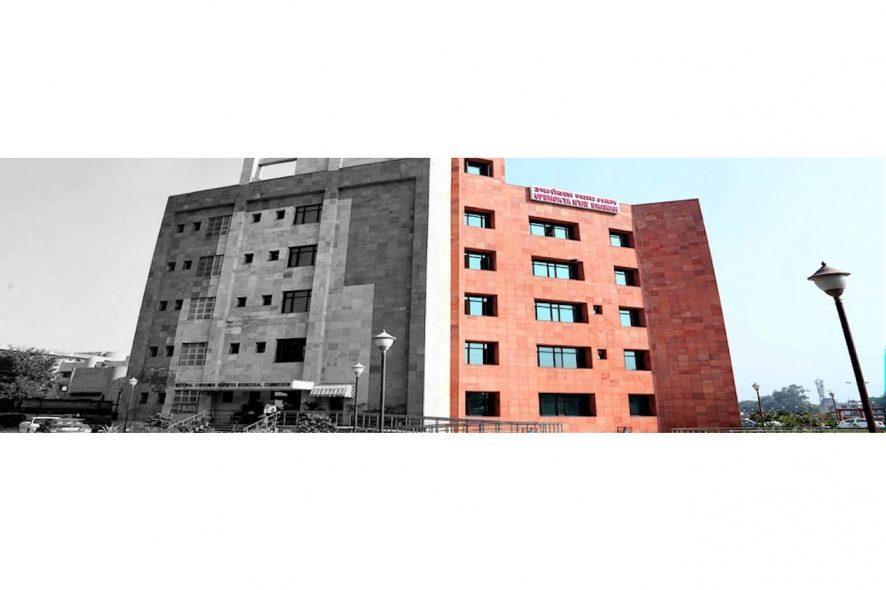National Consumer Disputes Redressal Commission (NCDRC): A Single Member Bench of Prem Narain (Presiding Member), partly allowed a review petition filed against the order of the Commission, whereby names of various complainants were included in the order although some of them had withdrawn their complaints while others were not even impleaded in the first place.
The main issue that arose before the Commission was whether any sort of interference was called for in the review petition filed by the petitioner.
The Commission observed that Section 22(2) of the Consumer Protection Act, 1986 (COPRA) is limited to the error apparent on the face of the record. The Commission then referred to the Supreme Court judgments of Union of India v. Sandur Manganese and Iron Ores Ltd., (2013) 8 SCC 337 and S.Bagirathi Ammal v. Palani Roman Catholic Mission, (2009) 10 SCC 464, wherein it was held that the power of review cannot be exercised solely on basis that the parties do not agree with the view of the judgment, as long as the point is already dealt with and answered, parties are not entitled to challenge the impugned judgment in the guise that an alternative view is possible under review jurisdiction. Under the review jurisdiction, rehearing of issues is not allowed but the same issues can be decided just by a perusal of the records and if a prima facie error is detected then it can be corrected using the review jurisdiction. In the instant case, the error was apparent only with respect to certain complainants.
The Commission held that the names of those complainants, who had withdrawn their complaints and also those who were not impleaded in the complaint, can be deleted from the order; however, the similarly situated complainants can still derive the benefit of the impugned order since it was a class complaint. On the issue of compensation, the Commission held that some of the complainants had taken possession prior to the date till when the compensation was awarded to them, hence in such cases the compensation shall be given to them only up to the date when they were handed over the possession. Resultantly, the impugned order was modified and the review petition was partly allowed.[R.V. Prasannakumaar v. Mantri Castles (P) Ltd., Review Application No. 198 of 2018, order dated 27-11-2018]







